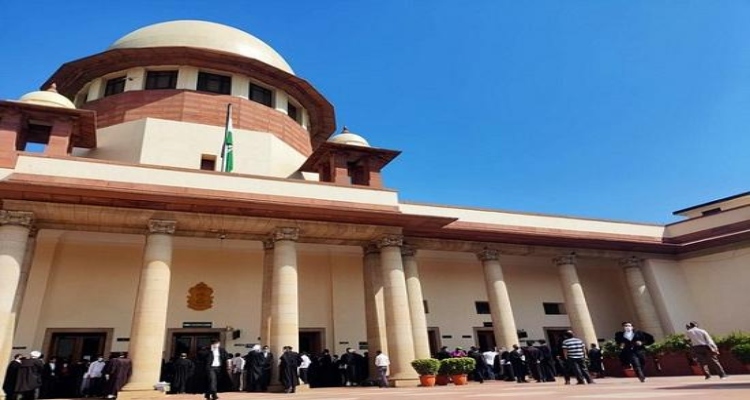
The Supreme Court, in a decisive 4:1 ruling, upheld the constitutional validity of Section 6A of the Citizenship Act, 1955, which grants citizenship to immigrants who entered Assam between January 1, 1966, and March 25, 1971.
Chief Justice of India (CJI) DY Chandrachud, alongside 3 other judges, supported the provision, while Justice Pardiwala dissented.
CJI Chandrachud noted that the Assam Accord represented a political resolution to the issue of illegal migration following the creation of Bangladesh, with Section 6A serving as the legislative solution. The majority opinion deemed the cut-off date of March 25, 1971, as rational, marking the conclusion of the Bangladesh liberation war.
Justice Surya Kant emphasized the principle of fraternity, stating, “We cannot allow one to choose their neighbours. The principle is live and let live.”
The court clarified that the mere presence of diverse ethnic groups within a state does not violate Article 29(1), which protects the right to maintain distinct languages, scripts, or cultures.
The bench outlined that immigrants who arrived in Assam before January 1, 1966, are recognized as Indian citizens. Those who entered between January 1, 1966, and March 25, 1971, may apply for citizenship, provided they meet eligibility criteria.
However, immigrants who arrived after March 25, 1971, are subject to detection, detention, and deportation.
The Supreme Court justified its focus on Assam by noting that the percentage of immigrants relative to the local population is higher there than in other border states with Bangladesh. “The impact of 40 lakh migrants in Assam is greater than the 57 lakh migrants in West Bengal due to Assam’s smaller land area,” the court stated.
Dissenting Opinion
Justice Pardiwala, in his dissent, declared Section 6A unconstitutional, arguing it had become outdated. He criticized the legislature for creating a statutory category for migrants from 1966 to 1971, suggesting this was influenced by upcoming state elections.
He argued, “The very fact that a statutory category was created from 1966 to 1971, subject to stricter conditions (such as no voting rights for 10 years), indicates that the conferment of citizenship was intended to reassure the Assamese people that it would not affect the elections.”
Understanding Section 6A of the Citizenship Act
Section 6A of the Citizenship Act allows migrants who arrived in Assam between January 1, 1966, and March 25, 1971, to apply for Indian citizenship. This provision was introduced in 1985 as part of the Assam Accord, a pact between the Rajiv Gandhi government and the All Assam Students’ Union (AASU), following 6 years of protests against the influx of migrants from Bangladesh.
The Union Home Ministry has stated that 17,861 migrants who entered Assam during this period were granted citizenship. Petitioners have challenged the constitutionality of Section 6A, arguing that the distinct cut-off date for citizenship in Assam constitutes a discriminatory practice.
This ruling reflects the ongoing complexities surrounding immigration and citizenship in India, particularly in the context of Assam’s unique demographic and historical challenges.




